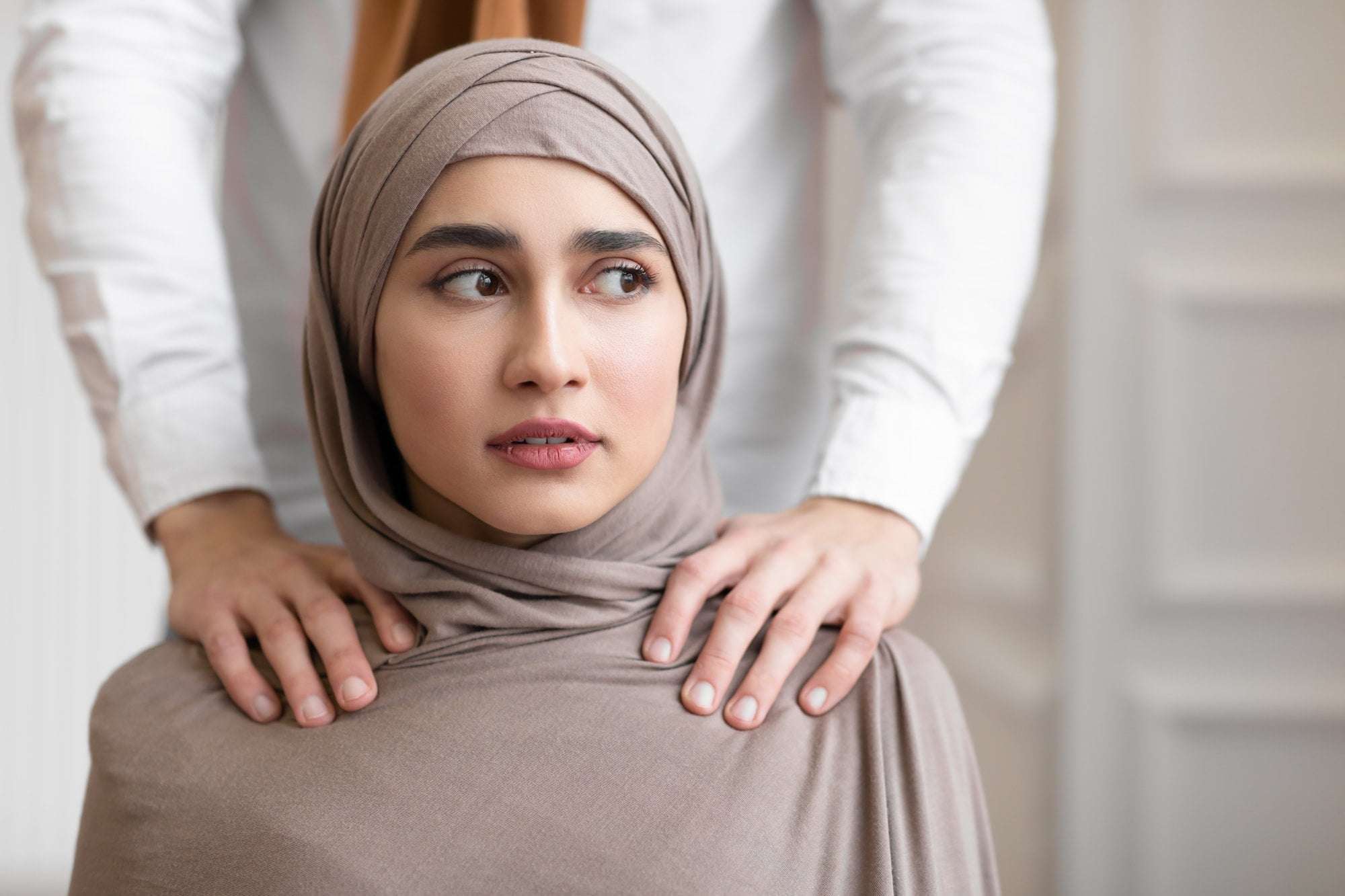Applying For Personal Protection Order In Singapore

Domestic violence in Singapore is a familiar subject that we hear far too often. Individuals searching legal websites for information are often in desperate need of assistance to find a solution for themselves and their loved ones.
It is only natural for you to want to protect something that you love. What more if they are your children, your flesh and blood. It will not matter if the procedure is tedious or time consuming, you will want to give only your utmost best to your children.
Unfortunately, in our line of work, we do see applications for a Personal Protection Order being filed on a regular basis.
Should you feel that there is abuse or sense any kind of danger coming from your partner or any family member, you might want to consider applying for Personal Protection Order. So, what is Personal Protection Order or known as PPO?
What Is Personal Protection Order?
A Personal Protection Order is a legal directive from the court aimed at halting threats or violence directed toward an individual. Its primary purpose is to provide protection from someone perceived as a threat or a source of violence, either to you or to your children under 21 years of age.
Who Can Obtain a PPO in Singapore?
If your safety, or that of your children, is in jeopardy, a PPO can be a crucial lifeline. If you are in an abusive relationship or toxic relationship, you might want to consider applying for a PPO.
This includes not only direct victims but also those who may reasonably fear becoming victims of family violence within the household.
You can apply for a PPO in various situations, including:
- Display of threatening, abusive, or insulting behaviour or communication intending to cause distress.
- Experiencing stalking or sexual harassment.
- Deliberately causing fear of harm.
- Inflicting physical harm.
- Wrongful confinement or restraint against a family member’s will.
- Continuous harassment with the intent to cause fear and anguish to a family member.
If you are not recognised as a family member then you may be able to avail yourself of the Protection from Harassment Act (POHA).
It’s worth noting that PPOs are not exclusively sought to protect women from their husbands; husbands and other family members can also apply for PPOs if they face threats or violence.
What is Considered Family Violence?
The Women’s Charter defines it as follows:
(a) wilfully or knowingly placing, or attempting to place, a family member in fear of hurt;
(b) causing hurt to a family member by such act which is known or ought to have been known would result in hurt;
(c) wrongfully confining or restraining a family member against his will; or
(d) causing continual harassment with intent to cause or knowing that it is likely to cause anguish to a family member,
Who is Considered a Family Member?
(b) a child of the person, including an adopted child and a step-child;
(c) a father or mother of the person;
(d) a father-in-law or mother-in-law of the person;
(e) a brother or sister of the person; or
(f) any other relative of the person or an incapacitated person who in the opinion of the court should, in the circumstances, in either case be regarded as a member of the family of the person;
Types of Protection Orders Available
- Personal Protection Order (PPO): This is a legal order designed to prevent further acts of violence by providing the victim with legal protection. It can prohibit the perpetrator from engaging in specific behaviours such as contacting or approaching the victim. The order can also include specific provisions tailored to the victim’s needs, such as restricting the perpetrator’s access to certain locations.
- Expedited Order: This type of order is a temporary measure that can be issued quickly when there is an immediate threat of violence. It offers swift protection for the victim until a full court hearing can be held. The expedited nature of this order ensures that victims are not left vulnerable while waiting for standard legal processes to take place.
- Domestic Exclusion Order: This order requires the perpetrator to leave the shared home, providing the victim with a safe environment. It ensures the victim can remain in their residence without fear of further violence or intimidation. This order not only protects the victim but also minimises disruption to their daily life and routine.
- Counselling Order: This mandates that the perpetrator undergo counselling to address the behaviours and issues that contribute to the violence. In some cases, the victim may also be required to attend counselling, which can help them process their experiences and develop strategies for safety and recovery. The goal of this order is to address the root causes of violence and promote long-term behavioural change.

- Display of threatening, abusive, or insulting behaviour or communication intending to cause distress.
- Experiencing stalking or sexual harassment.
- Deliberately causing fear of harm.
- Inflicting physical harm.
- Wrongful confinement or restraint against a family member’s will.
- Continuous harassment with the intent to cause fear and anguish to a family member.
If you are not recognised as a family member then you may be able to avail yourself of the Protection from Harassment Act (POHA).
It’s worth noting that PPOs are not exclusively sought to protect women from their husbands; husbands and other family members can also apply for PPOs if they face threats or violence.

In the event of abuse or physical harm, you should immediately file a police report and seek medical attention if there is physical evidence of abuse. Medical reports can bolster your PPO application and assist the court in making an informed decision.
You have several options for applying for a PPO:
- iFAMS, which requires a SingPass login.
- Family Protection Centre at Family Justice Courts.
- Family Violence Specialist Centres (FVSC), such as the Centre for Promoting Alternatives to Violence (PAVe), TRANS SAFE Centre, or Care Corner Project START
Other than Personal Protection Order, there are other forms of orders that can be applied for depending on the situation such as:
- Expedited Order (EO): A temporary PPO granted when imminent danger is present, valid for 28 days.
- Domestic Exclusion Order (DEO): Restricts or excludes the respondent from your residence.
According to statistics, the majority of individuals who make an application for such protection orders are female (extracted from Ministry of Social and Family Development)
The Court's Evaluation
The court primarily examines two factors:
- Was family violence committed? If not, the case is dismissed immediately, and there’s no need to determine whether an order is necessary.
- If family violence is established, the court assesses whether an order is warranted based on the case’s circumstances.
Orders may not be necessary for scenarios such as parties living separately without further violence, the absence of children, or isolated minor incidents of violence.
How Long Does It Take To Apply For Personal Protection Order?
Applying for a Personal Protection Order (PPO) in Singapore typically takes around 3-4 months to resolve from the date of application.
During this period, an Expedited Order may be issued to provide immediate protection for the applicant. It’s crucial to understand that family violence, as defined under the Women’s Charter, doesn’t always involve physical acts.
The purpose of a PPO is to safeguard against family violence, not for personal revenge or leverage, as the courts prioritise authentic cases. Evidence like police and medical reports can be critical in substantiating your case, though their necessity depends on individual circumstances.
If you fail to meet the legal requirements outlined in the Women’s Charter, your application might be dismissed. For those looking to apply for PPO in Singapore, understanding the application process, the type of evidence required, and the nature of family violence protection is essential.
Reclaim Your Life Today!
For Instant Access To A Family Lawyer
Enforcement of Personal Protection Orders
Upon serving the order, police can arrest the offender without a warrant if there is a breach of order.
Any breach of this order is considered as a criminal offence and the offender can be fined of up to $2000 for a first conviction or a prison term of up to six months or both.
For repeated offences, the offender can be fined up to $5000 or prison term not exceeding 12 months or both. So before you act rashly to breach any of these orders as the penalties are pretty hefty and will have a lasting record for you as well.
Some may wish to also apply for a Domestic Exclusion Order which is essentially an Order to limit someone within the house or exclude him or her from the house entirely. This is not an easy order to obtain and you will need a PPO against someone before applying for a DEO.

Is Engaging a Lawyer Necessary?
It is not compulsory for you to engage a lawyer but it will be advisable because PPO cases (Personal Protection Order) are heard via a trial and it is essential to know how to prepare your questions in order to prove your case.
There will also be cross-examination by both parties if need be.
You will need to know how to apply the law on the facts. It is also helpful to prepare oral or written submissions at the end of the trial to close your case in the best of manner.
Our fees are reasonable and affordable and we provide a free first consultation to first understand your case and thereafter explain to you the fees involved.
Disclaimer: The information contained within this website contains general information about our lawyers, Law Firm and procedures and is not intended to constitute legal advice.
Any person viewing or receiving information from this Website should not act or refrain from acting, on the basis of any such information without first seeking appropriate legal advice.
Please consult a lawyer for specific review of your case and advise.
